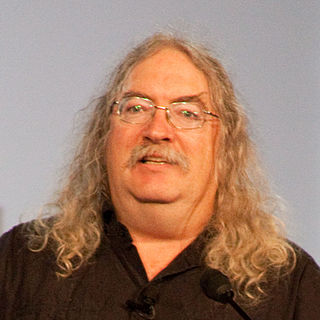A Quote by John Stuart Mill
The beliefs which we have most warrant for, have no safeguard to rest on, but a standing invitation to the whole world to prove them unfounded.
Related Quotes
The beliefs which we have most warrant for have no safeguard to rest on but a standing invitation to the whole world to prove them unfounded. If the challenge is not accepted, or is accepted and the attempt fails, we are far enough from certainty still; but we have done the best that the existing state of human reason admits of; we have neglected nothing that could give the truth a chance of reaching us.
Facts do not find their way into the world in which our beliefs reside; they did not produce our beliefs, they do not destroy them; they may inflict on them the most constant refutations without weakening them, and an avalanche of afflictions or ailments succeeding one another without interruption in a family will not make it doubt the goodness of its God or the talent of its doctor.
If we, who live outside asylums, act as if we lived in a fictitious world- that is to say, if we are consistent with our beliefs- we cannot adjust ourselves to actual conditions, and so fall into many avoidable semantic difficulties. But the so-called normal person practically never abides by his beliefs, and when his beliefs are building for him a fictitious world, he saves his neck by not abiding by them. A so-called "insane" person acts upon his beliefs, and so cannot adjust himself to a world which is quite different from his fancy.
Corney & Barrow are proud to have the royal warrant, meaning that they provide the Palace with some of the greatest - and necessarily most expensive - wines from around the world. I am pleased to say that they also hold my own warrant, for providing exceptional wines at - surprisingly - modest prices.
The history of human conduct does not warrant that exalted opinion of human virtue which would make it wise in a nation to commit interests of so delicate and momentous a kind as those which concern its intercourse with the rest of the world, to the sole disposal of a magistrate, created and circumstanced, as would be a president of the United States.
E-learning as we know it has been around for ten years or so. During that time, it has emerged from being a radical idea---the effectiveness of which was yet to be proven---to something that is widely regarded as mainstream. It's the core to numerous business plans and a service offered by most colleges and universities. And now, e-learning is evolving with the World Wide Web as a whole and it's changing to a degree significant enough to warrant a new name: E-learning 2.0.
Children of the Nephilim," Magnus said. "Well, well. I don't recall inviting you." Isabelle took out her invitation and waved it like a white flag. "I have an invitation. These"--she indicated the rest of the group with a grand wave of her arm--"are my friends." Magnus plucked the invitation out of her hand and looked at it with fastidious distaste. "I must have been drunk," he said. He threw the door open. "Come in. And try not to murder any of my guests." Jace looked at him, "Even if one of them spills something on my new shoes?" "Even then." - 219
Certainly there are things worth believing. I believe in the brotherhood of man and the uniqueness of the individual. But if you ask me to prove what I believe, I can't. You know them to be true but you could spend a whole lifetime without being able to prove them. The mind can proceed only so far upon what it knows and can prove. There comes a point where the mind takes a leap—call it intuition or what you will—and comes out upon a higher plane of knowledge, but can never prove how it got there. All great discoveries have involved such a leap.
We have arranged for ourselves a world in which we can live - by positing bodies, lines, planes, causes and effects, motion and rest, form and content; without these articles of faith nobody could now endure life. But that does not prove them. Life is no argument. The conditions of life might include error.
But if thought is to become the possession of many, not the privilege of the few, we must have done with fear. It is fear that holds men back - fear lest their cherished beliefs should prove delusions, fear lest the institutions by which they live should prove harmful, fear lest they themselves should prove less worthy of respect than they have supposed themselves to be.






































